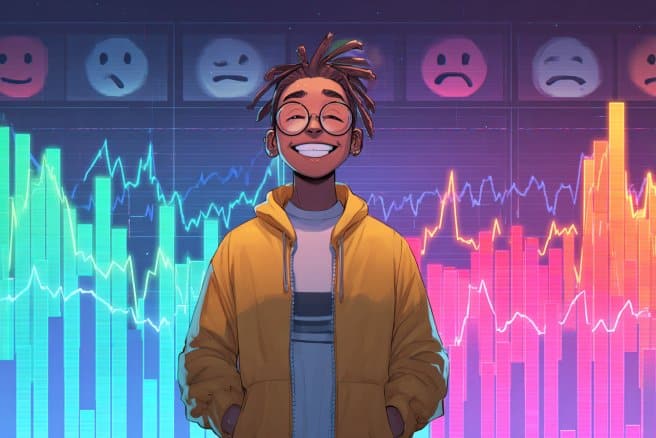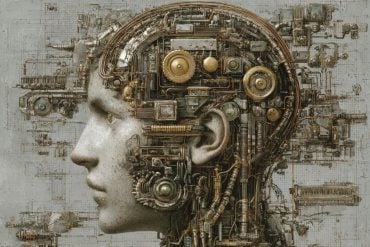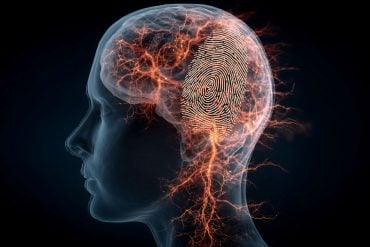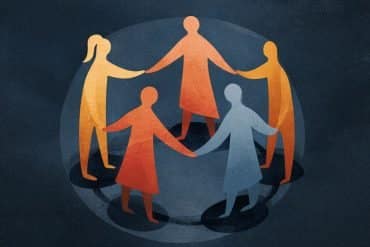Key Questions Answered
Q: Can empathy be learned through emotional reward?
A: Yes. The study found that when someone else’s joy is consistently paired with personal reward, the brain begins to feel good about their happiness — increasing empathy.
Q: Does the learned empathy last even without continued rewards?
A: It does. Participants continued to show empathetic behavior toward the character even after rewards stopped.
Q: How does this affect behavior?
A: Participants not only reported stronger emotional bonds but made more selfless decisions, like choosing gifts the character liked even at personal cost.
Summary: Empathy isn’t just innate — it can be trained by associating another person’s happiness with personal rewards. In this study, participants observed a character experiencing good and bad moments, which were paired with gains or losses in their own rewards.
Over time, those whose rewards coincided with the character’s positive experiences began to feel more empathy and act more compassionately. Even when those rewards disappeared, the emotional learning stuck, shaping both feelings and behaviors.
Key Facts:
- Emotional Conditioning: Associating joy with reward increases empathy toward that individual.
- Lasting Effects: The empathy remained even after the rewards were removed.
- Behavioral Impact: Participants chose altruistically, even at their own expense.
Source: USC
When you feel rewarded by someone else’s happiness, your brain starts treating them like a favorite.
That’s the surprising takeaway from new research by psychologists at the USC Dornsife College of Letters, Arts and Sciences: Empathy isn’t just a fixed trait — it can be trained.
In a study published in Psychological Science, researchers found that people began to care more about someone not because of shared experiences or values, but because that person’s joy had become emotionally linked to personal reward.
The effect was subtle but meaningful, and it lasted even when no rewards were involved. “It’s a social twist on Pavlov’s classic experiment,” said Leor Hackel, assistant professor of psychology.
“Just as a dog learns to salivate when a bell signals food, our brains may learn to feel good when someone else is happy.”
Study subjects were shown characters facing everyday highs and lows in an effort to “train” them to be empathetic. (Image: Courtesy of Fiverr.)
To test the theory, the researchers designed a series of experiments in which participants observed a cartoon character experiencing everyday highs and lows, like playing with a dog or falling off a bike.
After each scene, participants saw a number on the screen rise or fall, representing a personal gain or loss for them.
Over time, those who consistently experienced gains from the character’s happy moments began to associate the character’s emotions with reward.
Later, when shown new scenes involving the same character, those participants reported stronger empathic feelings, even when no rewards were involved. They also worked harder to earn rewards while viewing that character’s positive emotions, suggesting the emotional link had motivational force.
In a final experiment, participants chose digital gift cards for the character, knowing which ones the character would enjoy or dislike. Sometimes, selecting a gift the character liked reduced the participant’s point total.
Even then, those who had learned to associate the character’s happiness with reward were more likely to prioritize the character’s preference — or hesitate longer before choosing otherwise — even when it meant losing points.
The results suggest that emotional learning shaped not just how participants felt, but how they acted.
The researchers say these findings could help explain why empathy often grows in cooperative environments — like classrooms, families or teams — where one person’s success often benefits everyone. In more competitive settings, where someone else’s gain means your loss, those emotional bonds may be harder to form.
“Understanding how people form emotional bonds could help us design AI that responds in more humanlike ways,” said Yi Zhang, a psychology doctoral student at USC Dornsife and lead author of the study.
“But it also reminds us how much empathy depends on our social environment — and how we can shape it.”
About this empathy and psychology research news
Author: Ileana Wachtel
Source: USC
Contact: Ileana Wachtel – USC
Image: The image is credited to Neuroscience News
Original Research: Open access.
“Reward Association With Mental States Shapes Empathy and Prosocial Behavior” by Yi Zhang et al. Psychological Science
Abstract
Reward Association With Mental States Shapes Empathy and Prosocial Behavior
Valuing the welfare of others is a fundamental aspect of empathy and prosocial behavior. How do people develop this valuation? T
heories of associative learning suggest that people can associate social cues, such as smiles, with personal reward, thus feeling good when others thrive.
Yet people often display generalized concern for others’ welfare, regardless of the specific cues present.
We propose that Pavlovian conditioning allows people to associate reward directly with others’ abstract mental states, learning that another’s happiness predicts their own reward.
In four online experiments with 1,500 U.S.-based adults recruited from CloudResearch, participants’ monetary outcomes were congruently or incongruently predicted by a target’s mental states.
Participants who experienced congruent learning reported more empathic feelings toward the target in novel situations. The values attached to mental states further influenced participants’ prosocial choices.
These results demonstrate how associative learning of abstract mental states can give rise to generalizable empathy and influence moral behavior.







